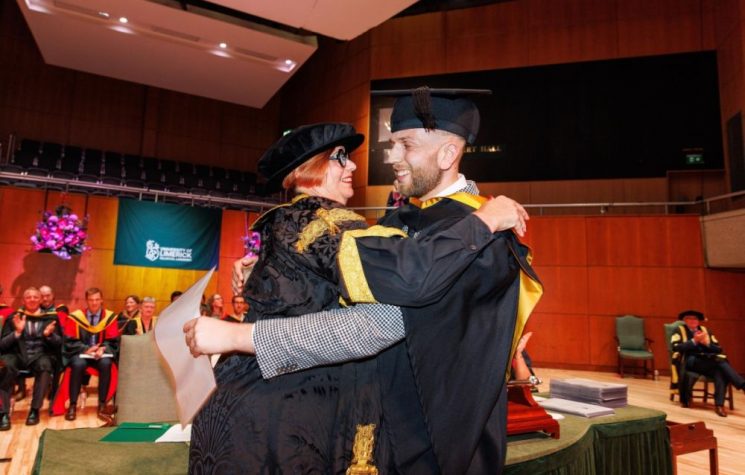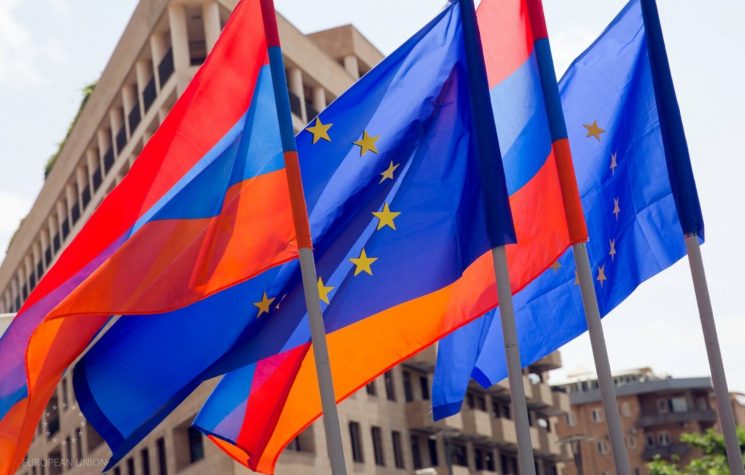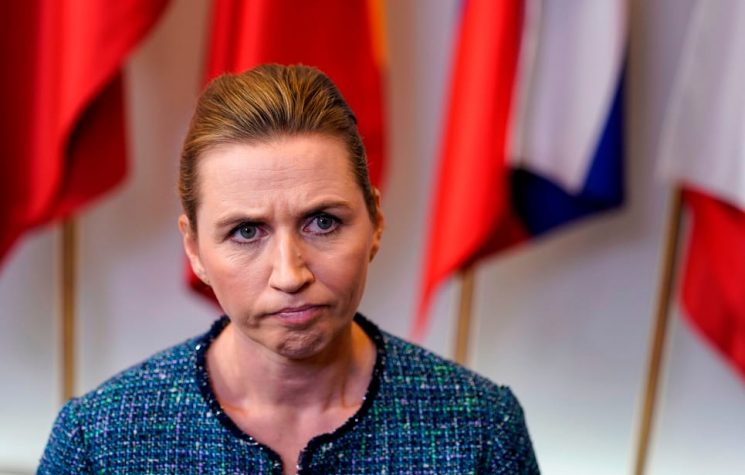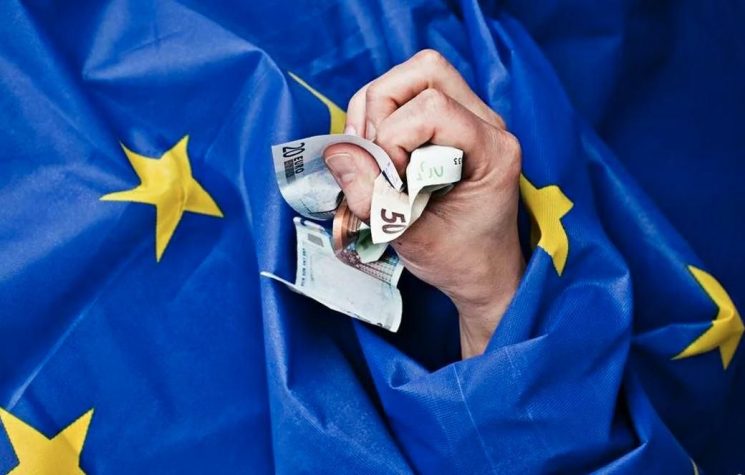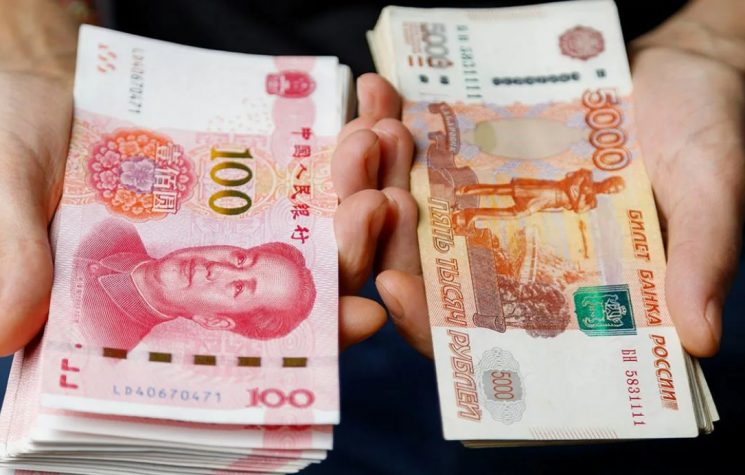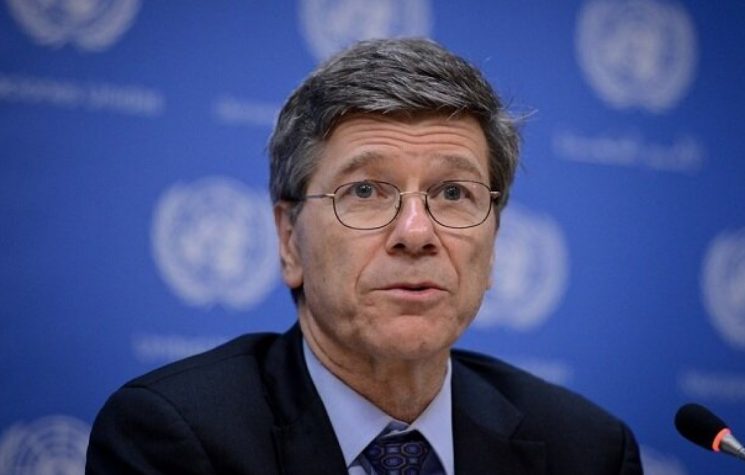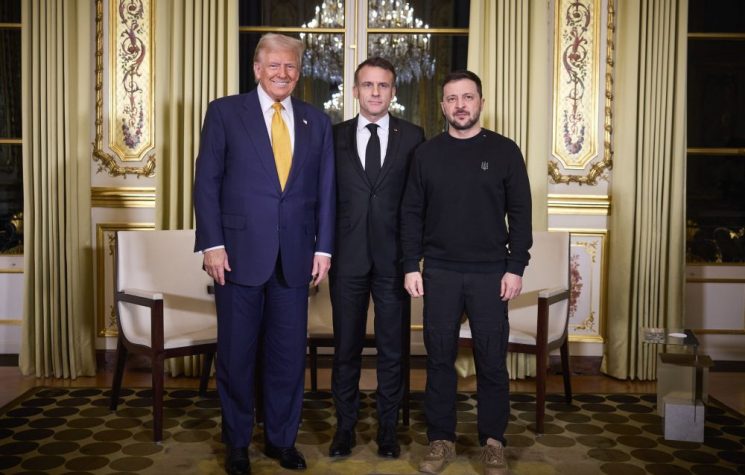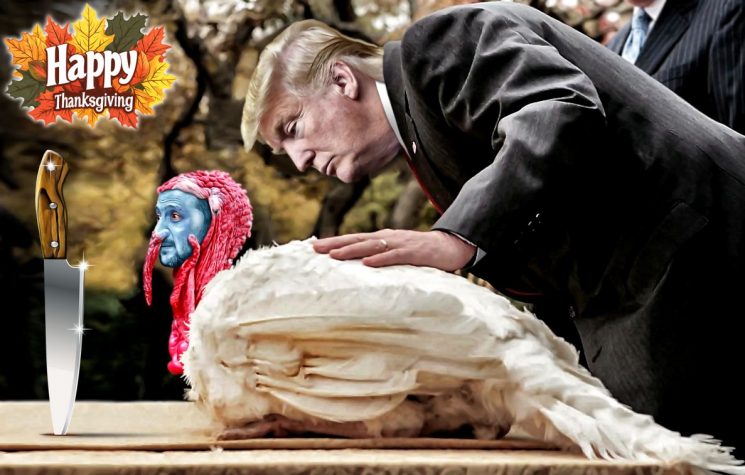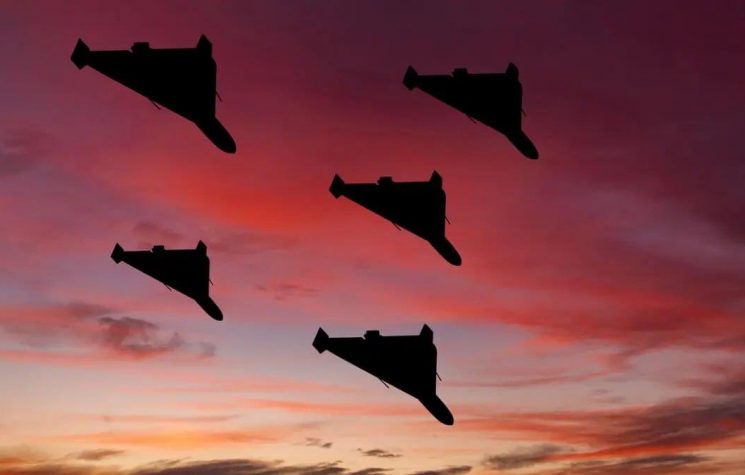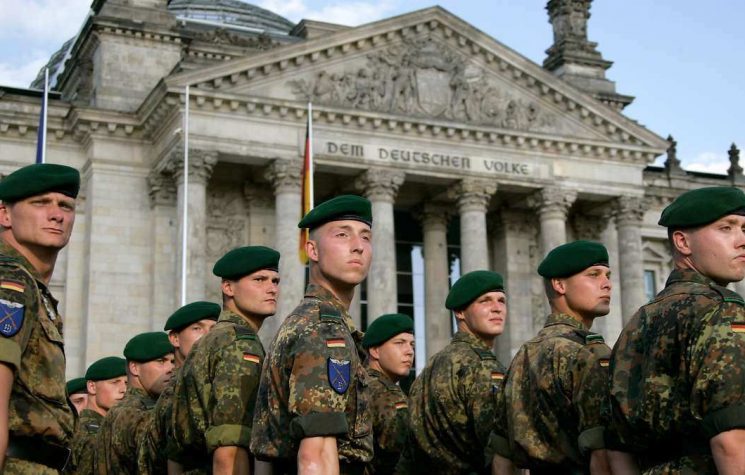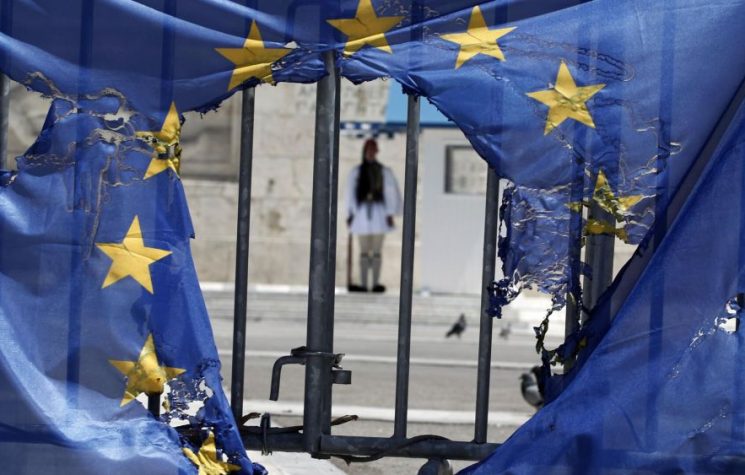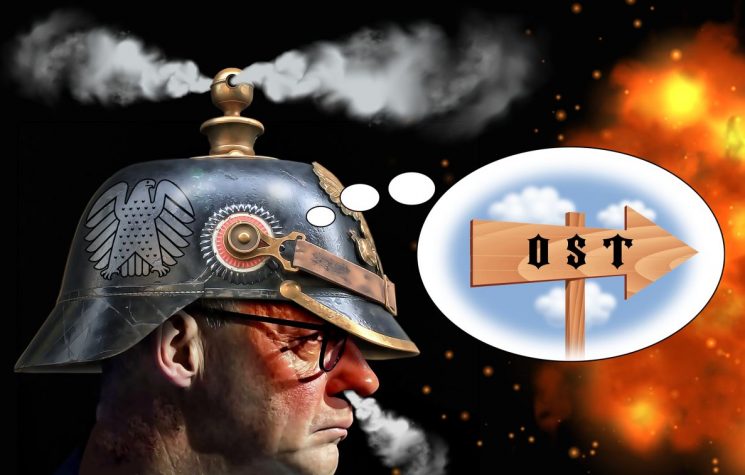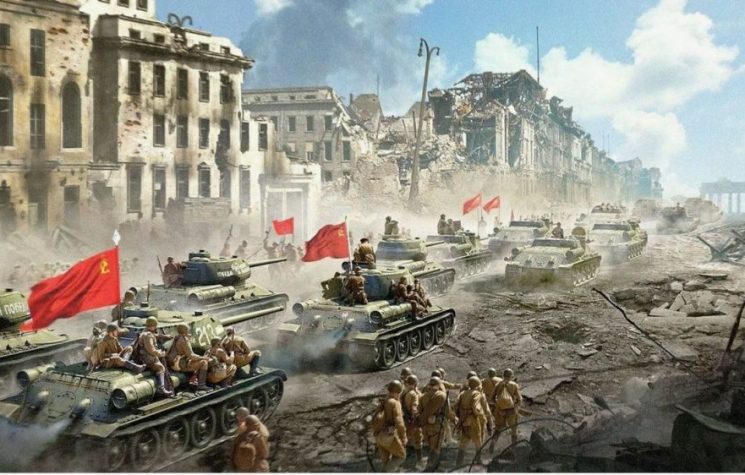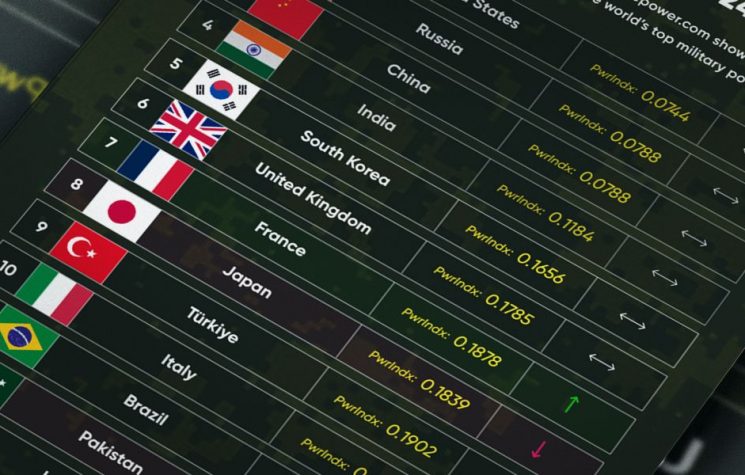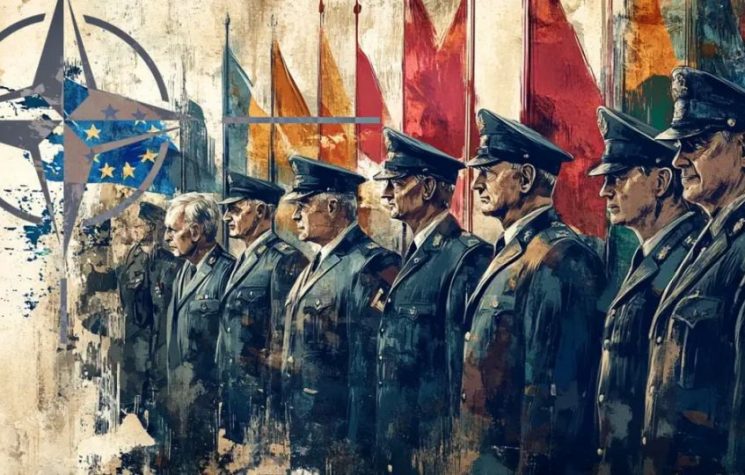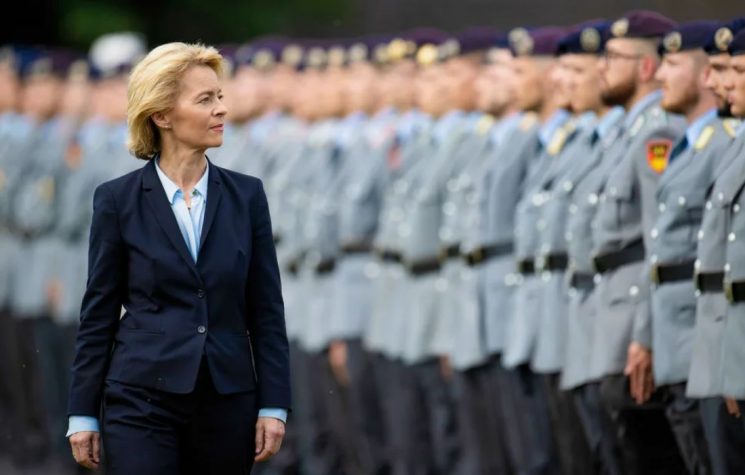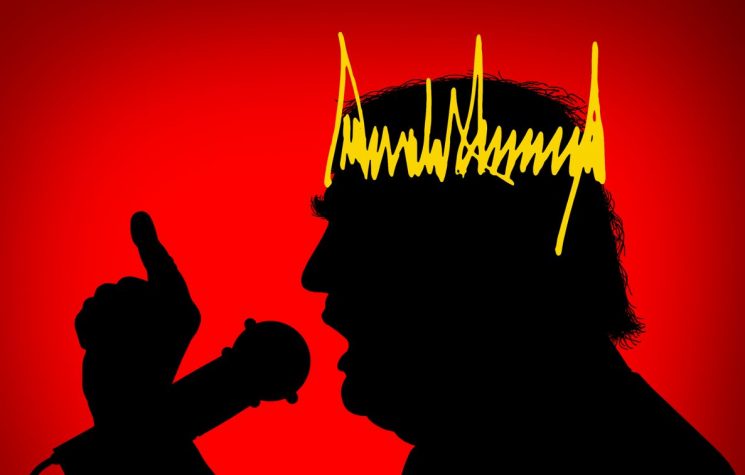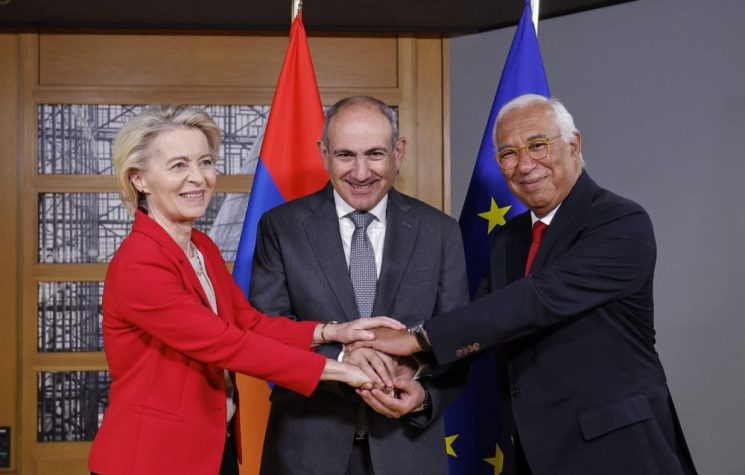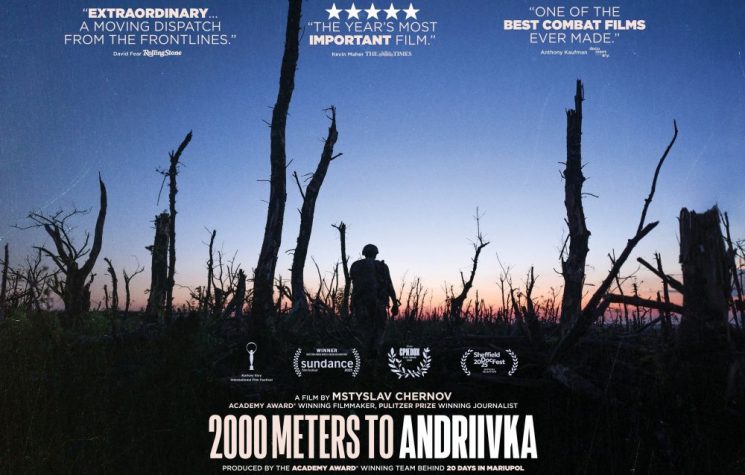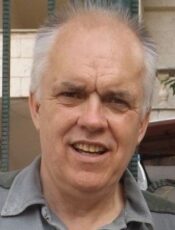Though Kant is as undeniably German as the Nord Stream pipeline, Putin (and anyone else anywhere) has a right to quote him morning, noon and night.
❗️Join us on Telegram![]() , Twitter
, Twitter![]() , and VK
, and VK![]() .
.
Contact us: info@strategic-culture.su
First off, a hat tip to Russia Today (and to the VPN, which allows me access to it) for telling me that German Chancellor Olaf Scholz has lashed out at Russian President Vladimir Putin for quoting iconic German philosopher Immanuel Kant. Because Putin cited the philosopher at an event marking the 300th anniversary of Kant’s birth, Scholz accused Putin of trying to “poach” the great thinker as well as misrepresenting his ideas.
The story, at first glance, is so ridiculously funny that I had to google to ensure I was not being taken in by that mercurial NATO chameleon dubbed “Russian disinformation.” Sure enough, as plenty of Western sources later verified the story, we can proceed.
Die Zeit cites Scholz at the Berlin-Brandenburg Academy of Sciences ranting that “Putin doesn’t have the slightest right to quote Kant, yet Putin’s regime remains committed to poaching Kant and his work at almost any cost”.
Let’s just stop the reel there. Kant was born in 1724 in Koenigsberg (present-day Kaliningrad), which belonged to the Kingdom of Prussia before later becoming part of the Russian Empire. The philosopher, famous for his work on ethics, aesthetics and philosophical ontology, is rightly considered one of the pillars of German classical philosophy. Though he is as undeniably German as the Nord Stream pipeline, Putin (and anyone else anywhere) has a right to quote him morning, noon and night. Though Kant is as German as Tolstoy, who regarded himself as a philosopher and not a writer, is Russian, their brilliance belongs to the world. Scholz, in other words, is free to quote Tolstoy, once, of course, he first learns to read.
As Putin delivered his talk in Kant’s famous birth place, it was, of course, entirely appropriate that Putin should quote the great philosopher and Scholz, if he was not an ignoramus, should have used that to his advantage, rather than coming across as the obvious baboon that he is.
Putin, as it happens, spent much of his working life in Germany and he speaks the language of Kant, Schiller and Goethe at least as fluently as Scholz which is, admittedly, a low bar. Not only that but Putin has been praising and quoting Kant for decades and has even gone so far as saying that the philosopher should be made an official symbol of Kaliningrad Region. Germany and Germans like Kant have had a profound and often benign effect on Russia since even before Vasili III, Grand Prince of Moscow, established Moscow’s German Quarter in the fifteenth century. Catherine the Great, who was actually born in Prussia, and the German speaking and Kant admiring Putin have carried on those links into more modern times.
And, though Catherine the Great, sadly, is no longer with us, Putin is, and his remarks that Kant is “one of the greatest thinkers of both his time and ours,” is not only worthy of consideration but it is one more cultured German leaders than Scholz would have leveraged to their advantage.
Scholz, who fancies himself as something of a bar room philosopher, is having none of that. He believes Russia’s role in the Russian speaking areas of Ukraine contradicts Kant’s fundamental teachings on the interference of states in the affairs of other nations, and he defended Kiev’s decision not to engage in peace talks with Moscow, unless they are on NATO’s terms of unconditional Russian surrender. Scholz, with no sense of irony or self awareness regarding the aborted Minsk Accords, said Kant believed that forced treaties were not the way to reach ‘perpetual peace’ – a direct reference to Perpetual Peace: A Philosophical Sketch, one of Kant’s major and most influential works.
But Kant was a philosopher, not a statesman and he wrote that thesis in 1795, just when the French Revolutionary Wars and a certain Napoleon Bonaparte were getting into their stride.
Thanks to Germany reneging on the Minsk Accords, colluding in blowing up Nordstream and tooling up the Nazi regime in Kiev to the hilt, other wars are now picking up pace and, at the time of writing, it is uncertain if all of us will come out safe on the other side of Armageddon, which is increasingly being talked about.
But talk, like philosophy, gets us so far and no further. For better of worse, Kant’s Koenigsberg is now Russia’s Kaliningrad and, whatever one thinks about that, one must now see Stalin’s wisdom in making pre-emptive strikes against Finland and the bastard Baltic states for, without them, it is possible that “Germany’s greatest generation” (of Nazis) would have achieved what the treacherous Scholz is now trying to do, to bring Russia and much else besides to their knees.
Scholz can claim Kant as Germany’s own or, as is the norm around the Dnieper, claim him as Ukraine’s own for all anyone cares. But what he cannot and should not do is encourage the Nazi regime in Estonia to attack their Orthodox Christian monasteries because they will not break with the Moscow Patriarchy. And, if Scholz wants to go all Kant on us, he should refresh his mind on what both Kant and Mendelssohn had to say on the sort of religious oppression we see the Estonian, Ukrainian and similar states meting out to Orthodox Christians.
But let’s cut to the chase. Scholz and those Americans he must answer to have no interest in Kant, in Mendelssohn or in any German or other philosopher worth their salt. If Putin is favourably referring to Kant, Mendelssohn, Goethe, Schiller or any of the universally admired Germans of yesteryear, then he should be engaged with on that level in the spirit of Schiller’s Ode to Joy, which is reflected in (the German) Beethoven’s Ninth and, appropriately enough perhaps regarding Scholz, the racist Rhodesian and European anthems, both of which sully Schiller, Beethoven and all good things German.
If Westerners want to cite Pushkin, Dostoevsky, Tolstoy or any other great Russian to have a pop at Putin, well then they should, as the Yanks say, bring it on. But engagement no longer seems to be their thing. Gone are the days of the greatest of Germans (and Europeans) like Leibniz gracing the court of Peter the Great and in are drag clowns like Zelensky dancing like a cut price Salome to titillate, for a price, Scholz and his uncultured ilk.
Call me old-fashioned but I would prefer to have Putin and everyone else reading the German greats than to have German embarrassments like Scholz and that insufferable von der Leyen parasite not only pull that once great nation into the gutter but drown her in their own rank ignorance and myopia.










